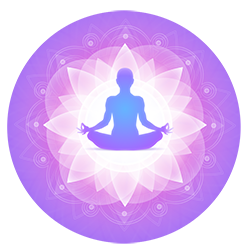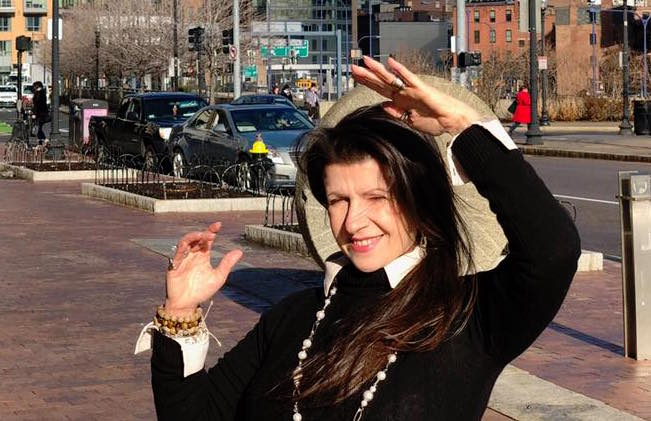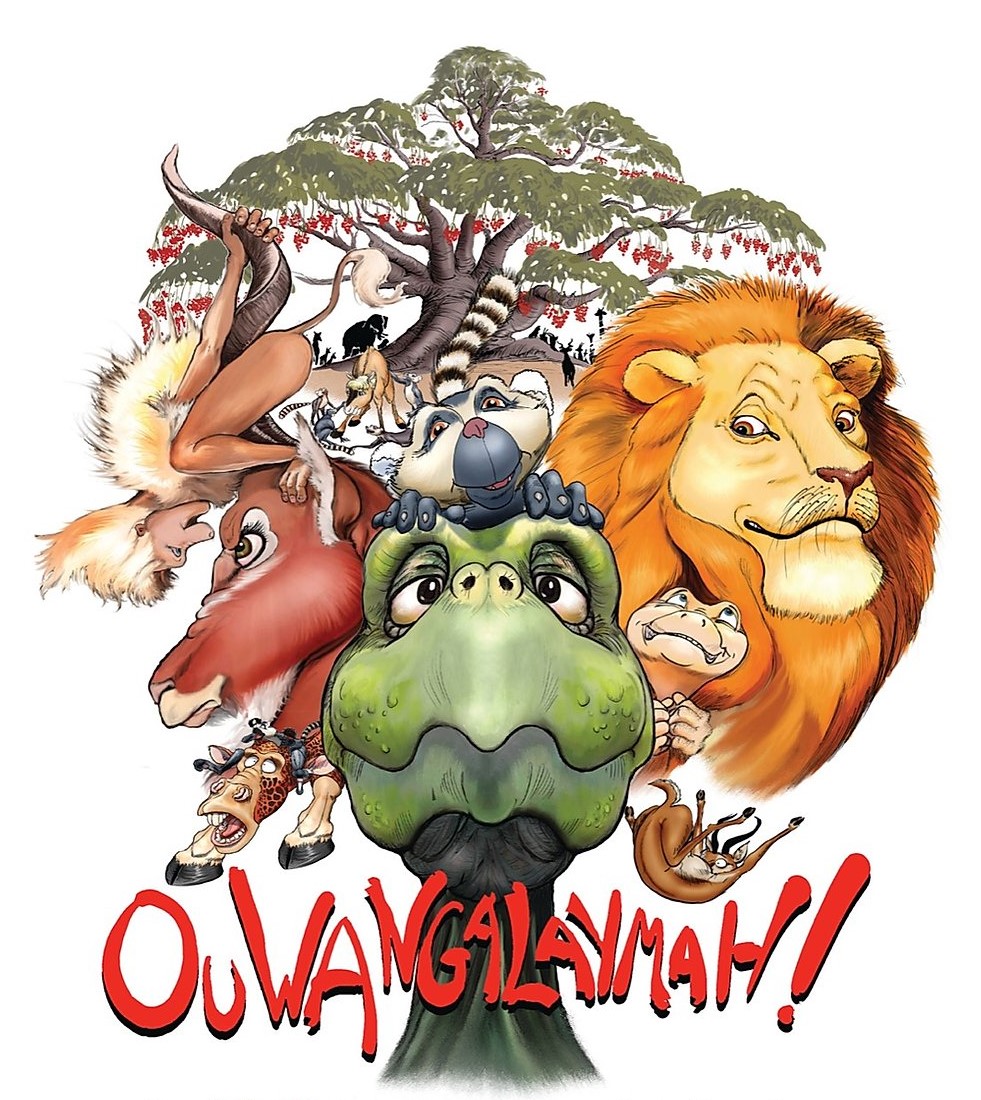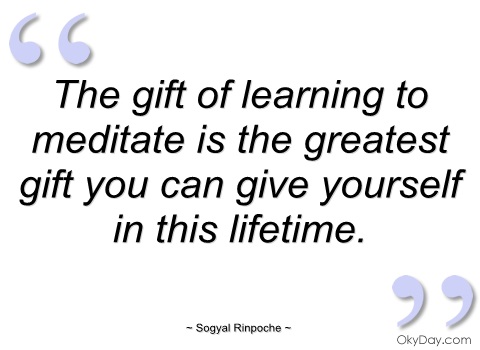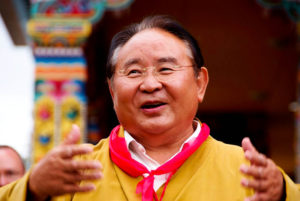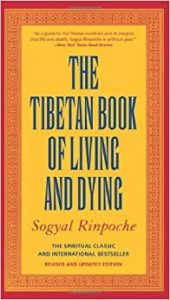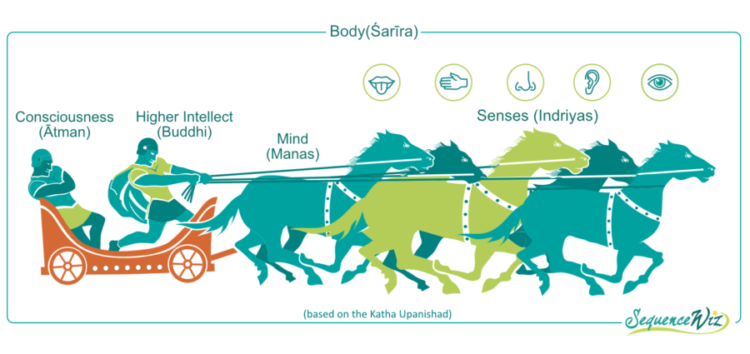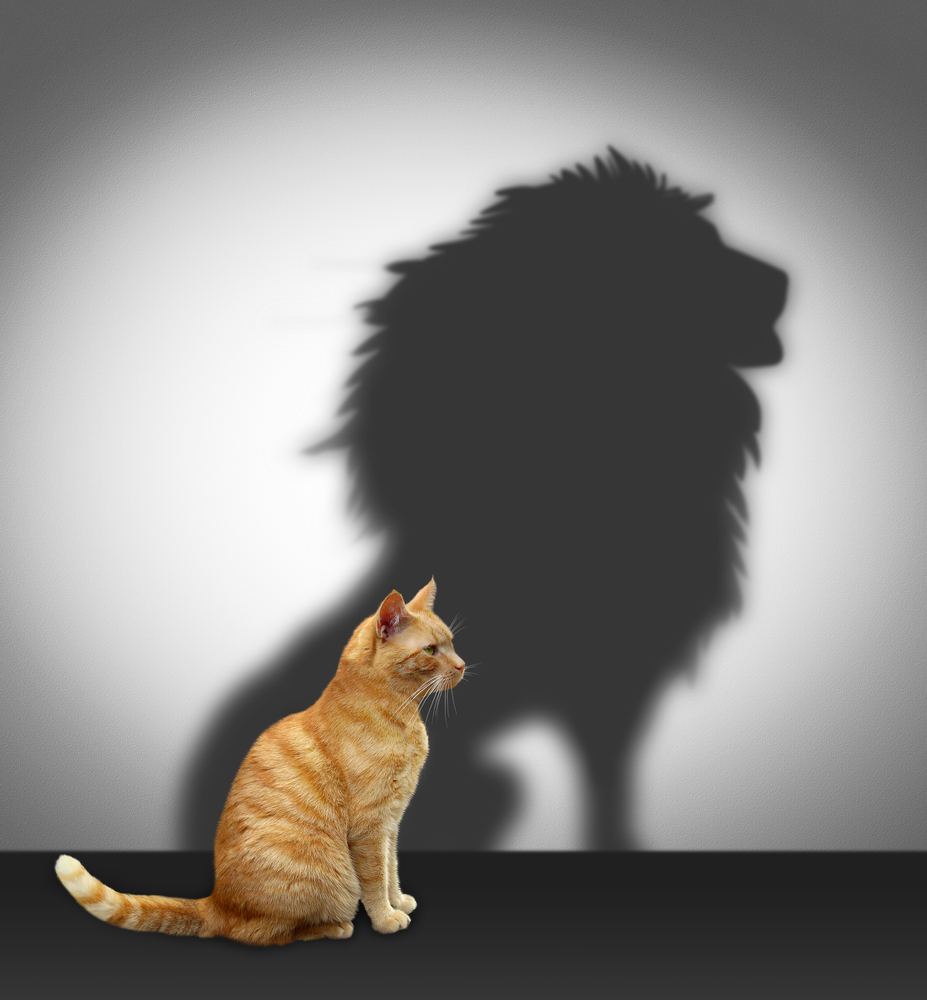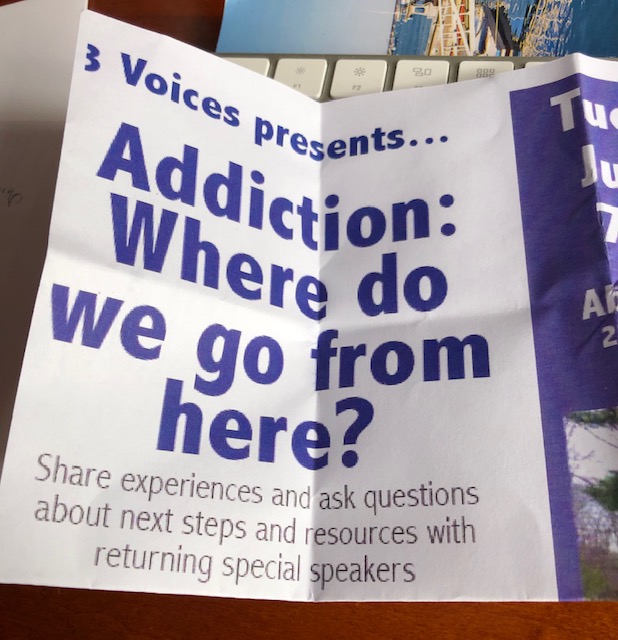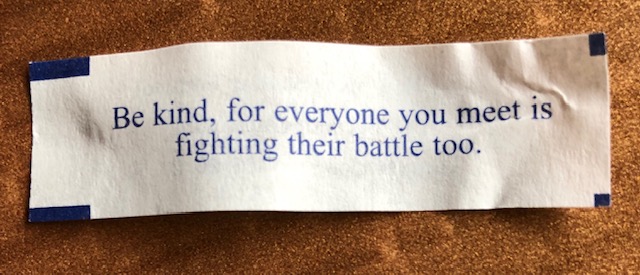SELF-AWARENESS (An Example)
[Caveat: high levels of ego contained herein! That’s actually the point: this is me slaying what’s left of mine.]
Dearest Milena,
This isn’t a Dear John letter; rather, it’s my Susan Collins speech. I’ve already made a decision; I just desperately want you to understand why.
This feels right.
Posting this isn’t so much a public declaration of love (as was my last post to my brother John) as it is me accelerating on the way down – kamikaze-style – while grinning!
I’m coming in for a [crash] landing.
Patanjali taught me not to give up. I haven’t abandoned my dream of changing the way the world experiences life – but I do need to accept the reality that I can’t count on my teaching skills to pay our bills.
I tried. For 2.5 years. After spending every hour and over $40,000 I have no students. [Die ego!]
In practical, business and tax terms, The Marblehead School of Raja Yoga hasn’t been a success – yet. [Still here!]
It’s not the material. It’s 100% me. I know that.
I’ve been given a gift that’s literally priceless. It’s not mine. I also know that. I can’t tell you how I relate to the joke about the guy with pockets full of $100 bills in a brothel who can’t ‘get a date’!
What happened?
The risk/reward ratio of teaching yoga (love & self-awareness) is HUGE. Given my relatively low risk tolerance (cluck, cluck) and practical situation, it’s not sustainable. I ‘touched’ half a dozen people – raised their personal level of self-awareness – and in the process discovered that I can’t do or say anything to help someone else to see through my eyes.
It doesn’t work that way.
It breaks my heart. SO many people I would gift this paradigm to! I feel as dumb and useless as Chicken Little.
But with the same sense of relief (yes) that I experienced when I finally let go of ever riding a motorcycle again, I literally and figuratively breathed a sigh of relief a few minutes ago when I realized that I can’t support us acting like Don Quixote or Friar Tuck, desperately trying to be something I’m not (talk about not being grounded….).
Like the freedom of riding a motorcycle, selfishly devoting myself to yoga (and turning my family’s lives upside down in the process – again) has been another protracted, life-altering, mid/now-late-life crisis – another in a series of adult-sized Steve Urkel moments – though this one truly has limitless potential to radically change life as we know it. This one has been an honor to play out.
Unlike the bike accidents that broke bones and machines, my teaching ‘accidents’ didn’t physically harm anyone (Patanjali’s rule #1: A-himsa = the absence of violence = love). I figured it would be a fun, helpful and productive way to spend the rest of my days. [I hear my grandfather screaming in my ear old-school style, “What kind of idiot can’t support himself who holds the secret to life?” Uhm. Hi Pops. Killing off the last bits of my ego here.]
What/who am I?
I grew up trapped in a mental purgatory. My ‘out’ was my imagination – but beyond that, I knew I was “special” [not just short-bus special]. I can’t explain it but I’ve always known it. I’ve always felt as if I had some sort of invisible support. Shit has happened to me for which there’s no explanation other than miraculous compassionate intervention.
Clearly, from the outside it looks like I’ve lived a charmed life – because I HAVE – which just further fueled my ego.
That self-consciousness was fostered by the people who raised me (whom I love and adore, but whose job it was to find fault in others). My grandfather stopped caring much after his son (my uncle) died when I was 4. Somehow during the short time I knew Ted, I picked up some of his charismatic, rebellious energy – who got it from his father, who got it from his.
Transparency or TMI?
I’ve always been a loner. Again, nature or nurture, it doesn’t matter.
My favorite book growing up was “Jonathan Livingston Seagull”; it’s about a small chicken-like bird who spent his life trying to fly like a killer hawk. That damned seagull was as stubborn and clever as any Irishman I’ve ever met.
As a kid, I SO wanted to be a cowboy, Batman, Rifle Man, Zorro, Green Hornet, David Carradine – a lone “can-do-everything-myself” fearless hero, fighting off the bad guys and saving the damsel in distress.
The craziest part is that I still play “dress up” (minus the kids chaps & holsters and very lethal-looking toy weaponry) to play different roles: whether it’s in faux leather motorcycle gear, or yoga pants – channeling my inner Carradine. 😉
I SO wanted a mean-ass tattoo of a heart with a dragon wrapped around it [I would have settled for Carradine’s dual forearm dragon and tiger]: something that screamed “Lady Killer” or “Lone Wolf” [when in reality, I’m a chicken with a big mouth!] It wasn’t so much fear of needles; rather, imagining my mother’s emotional breakdown (which she’d weaponized) that scared me out of it.
I’ve always been obsessive. Always all-in. No moderation. I gave any/everything I ever did 110%. Everything. Good and bad. Pop’s mantra was “Be the best at whatever you do, and you’ll succeed.” I’ve lived it.
But I know I’m a much better student, employee, client (read: more YIN) – than I will ever be a teacher, boss, or therapist (read: YANG). [Die ego! Bang!]
One of my earliest adult obsessions was S&M. I was single and lived just outside NYC in the 70’s – whatever. I know which side of that game I was better at. It’s why I stopped taking karate lessons after two years: I’m not a fighter. [Bang!]
Traditional Chinese Medicine’s astrological rooster evidence supporting all this notwithstanding, I’ve always known it deep down.
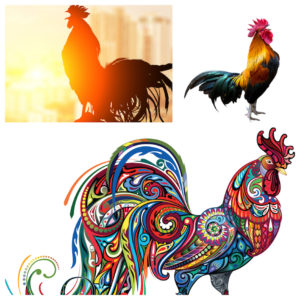
A fuckin’ rooster. No wonder I “crow” a lot! I’m also crazy loyal and dependable. Who else would go to work at the crack of dawn everyday of their life? [thankfully, the donut guys!]
I was meant to spend 2016-2018 crowing about consciousness. I don’t know why and probably never will. I put my Truth out there. All-in. No regrets. No surrender.
Oh yeah. I also have a seemingly natural aversion to all-things mean and stupid. Of course there are gray areas, and Lord knows I’ve done plenty of mean stupid things over 60 years, but as a rooster I’m generally more bark than bite.
What’s a rooster to do next?
I HAVE to have some sort of outlet to express my inborn voice: my creative, curious, and clever parts. While I’ve been completely focused on sharing what I know about Patanjali’s path to enlightenment – I got no traction. [Bang! Right-between-the-eyes. Dead. Sidebar: “Told you I’m not worthy!!”]
Apparently, spiritual self-awareness isn’t something people are naturally interested in. There’s an irony! If only…… This is what’s left of the Garden of Eden folks.
So I find myself feeling like I’m at the point in “A Knight’s Tale” where Ledger’s team meets their rooster: their Chaucer; their Patanjali: the naked poet who saves them in the end. God, I love that movie. [Can’t get much more naked than I’m being here.]
How should I pay our bills? Faith alone isn’t a recognized currency; otherwise, I’d still be a 1%er – and most of the people I know who are, wouldn’t be. At some point the irony actually becomes perverse.
Roosters make good architects apparently – but while that sounds fun (and I wanted to be one as a kid), I have relatively immediate financial concerns.
In addition to taking responsibility for family, I’ve always looked out for underdogs at work – employees who didn’t have the same recognition and clout within an organization. I usually managed to piss off the people I worked for. Go figure.
Several years ago, my boss bought himself a new airplane with the first of many proceeds checks I handed him. When I suggested giving the staff a mid-year token “we-sold-a-company” bonus, he looked at me like I had a tree growing out of my neck and said, “It’s not December!” It just fostered my Robin Hood complex.
I’m artistic/creative – our kids got that from me [Damned ego!]: their whole outside-the-box, over-the-top creativity – even though they’re adopted! Crazy how powerful certain types of energy are – and that we’re not naturally aware of it!
I’m honest, hardworking, and loyal to a fault. I’d make (made?) a good dog – a yappy one!
We all need to feel as though we have purpose – THAT frankly, may be Patanjali’s deepest insight. And I haven’t felt “productive” in too long.
I don’t know what the universe has in store for my swansong (I still like the dandelion analogy – it SO fits), but I recently did an accounting project for a friend of Sarah’s – and it woke up an underutilized part of me: something about the way I’m wired – something inborn 😉 – loves precision and numeric challenges.
Frankly, that’s the only thing I did differently than anyone else who’s ever interpreted Patanjali’s outline: I looked at it mathematically.
Accountants make good yogis – perhaps the best – but yogis don’t do what they do for money. I’ve always said yoga should be an experience like going to church: free to all; hopefully, supported by a few for the benefit of many – unfortunately, I still have bills to pay – and Sue’s had enough stress for awhile – so I need to exercise another inborn talent for awhile – at least until we pull up stakes. Like everything, living in paradise has a price.
Thank you
Thank you for all the energy, love, support and encouragement you’ve shown while I followed my heart – the entire time, scared to death – equal parts desperately wanting to be heard and acknowledged (loved) for being truly unique and worthy – all the while not wanting to call further attention to myself!
Just like riding a Harley: equal parts terrifying and exhilarating.
For the people I touched (or more accurately, who allowed me in) – thank you. It’s been more rewarding than anything else I’ve done – perhaps ever. It’s certainly been better than anything I could have imagined (and I’ve been cultivating and fertilizing an active imagination for 60+ years!)
I have an interview tomorrow for a part-time accounting job to keep the lights on here a little longer.
NEVER give up. ALWAYS let go.
God bless you Milena. You are indeed a guru. See you Monday!
Hugs, Skip

